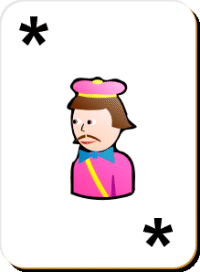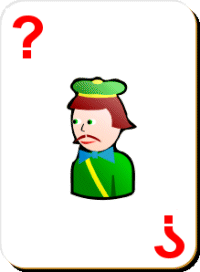|
You may search for all singular, plural, American or English words separately, but it is more efficient to use wildcards for truncation or masking of words. Truncation is putting a symbol at the end of a word in order to catch all variant endings of that word when searching a database. In some bibliographies truncation can also be used at the beginning or in the middle of a word. Basically, there are three different types of wildcards: A wildcard that replaces one single character
A wildcard that replaces zero or one character
A wildcard that replaces zero or more characters
Truncation in the middle of a word is also called masking. Symbols used as wildcards may differ between databases. It is advised to consult the search tips or the help file of the database, in which you want to search, to find out which ones are used. |
  |